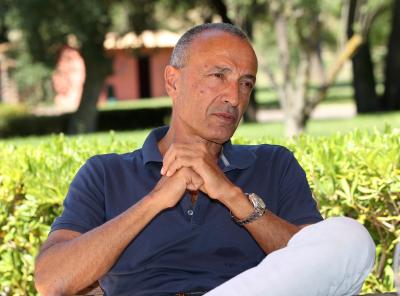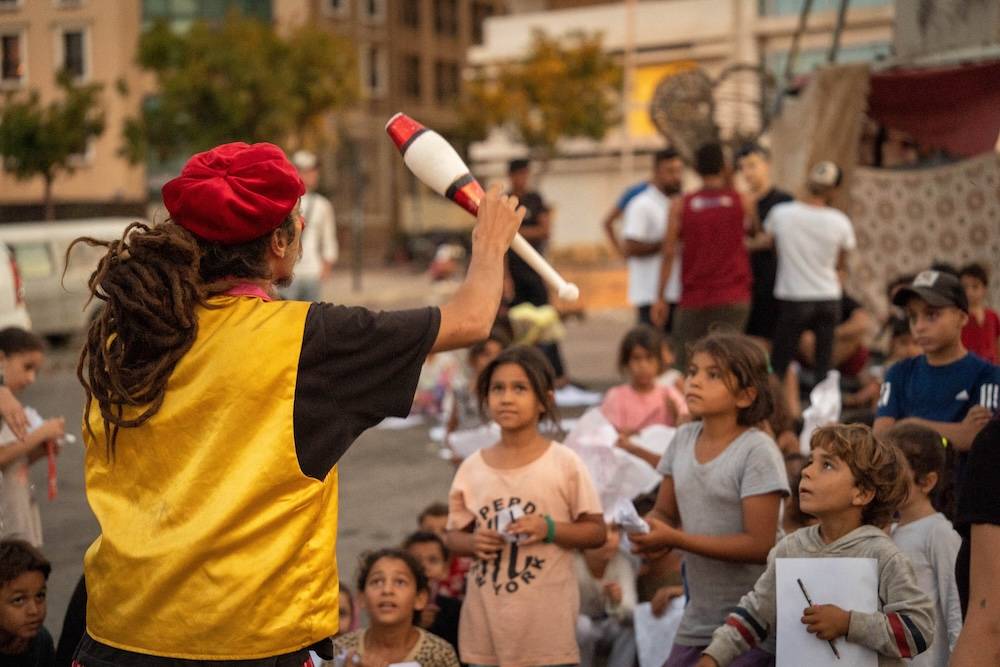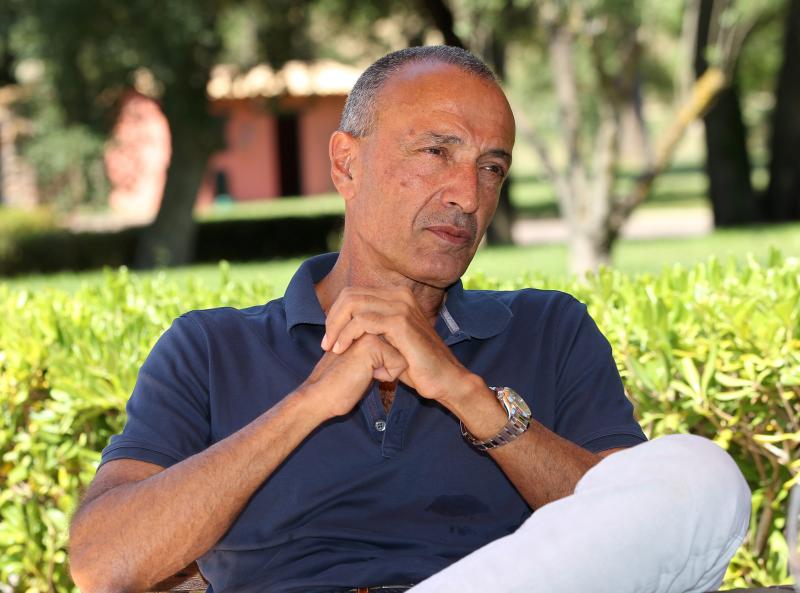Since November 23, 2024, the war in Lebanon has taken a tragic turn, plunging Lebanese children into a daily nightmare.
What can we tell children? How can we reassure them?
How can we explain the war to them, along with the fact that over a million people have fled their homes in South Lebanon, the Bekaa Valley, and the southern suburbs of Beirut, seeking refuge in public schools?
Al-Safa News spoke with clinical psychologist and psychotherapist Zeina Bou Kheir to provide guidance to parents navigating this difficult time with their children.
 the clinical psychologist and psychotherapist Zeina Bou Kheir
the clinical psychologist and psychotherapist Zeina Bou Kheir
Adopt Creative and Reassuring Approaches
To protect children’s mental health, Zeina Bou Kheir advises parents to provide answers tailored to the child’s age, geographical location, and level of exposure to the conflict through images or media.
She stresses the importance of telling children that their safety is the parents' top priority. Parents should also help their children express their emotions and thoughts, without downplaying or exaggerating their concerns.
According to Bou Kheir, parents can reassure their children by saying: “We’ve gone through situations like this before, and we overcame them. Soon, everything will be back to normal.”
Create a Safe Routine and Encourage Activities
If the family has been displaced or schooling has been interrupted, it is essential to restore a sense of routine for the child. Sleep plays a critical role in this routine, along with calming activities like reading bedtime stories or having conversations with parents. If children are encouraged to engage in sports or hobbies, parents should set an example by participating as well.
Bou Kheir also emphasizes the importance of reminding children that individuals and organizations are ready to provide support when needed.
Limit Media Access and Manage Parental Stress
She advises limiting children’s and teenagers’ exposure to social media and televised news to shield them from distressing images. Parents should also restrict their own news consumption and avoid showing excessive emotions in front of their children, as parental anxiety can negatively affect children’s well-being.
Provide Simple and Reassuring Explanations about the War
When children ask questions about the war or displacement, parents should respond with simple explanations, such as:
“Some people are trying to take power by force, but we don’t agree with that, so we are protecting ourselves.”
“We are looking after your safety; we’ll be back home soon. For now, we are in a safe place.”
Bou Kheir also advises parents not to make hasty decisions or long-term plans, such as leaving the country or rushing to stock up at supermarkets.
Address Trauma and Provide Personalized Support
“If a child witnesses a traumatic event, personalized support is necessary, as every child reacts differently to such situations,” she emphasizes.
With schools closed, children now spend all their time with their parents. Bou Kheir highlights the importance of continuing their education and offering protection during this difficult period. Maintaining a daily routine creates a sense of security, such as waking up at the same time, having breakfast together, reading, playing, and spending time with family.
Education as a Tool for Stability
Continuing schoolwork and learning is an effective way to ease daily stress.
Emotional and Psychosocial Support is Essential
Given the psychological impact of war, parents must offer emotional and psychosocial support, paying attention to their children’s emotions, mental well-being, and morale.
Preventing Post-Traumatic Stress Disorder (PTSD)
Finally, Bou Kheir warns about the risk of post-traumatic stress disorder (PTSD) following the conflict. “PTSD manifests as severe anxiety, with individuals—whether children or adults—reliving their traumatic experiences through hallucinations or nightmares. The psychological effects of war can impact the entire family and even extend to future generations,” she concludes.
Please post your comments on:
[email protected]
 Politics
Politics











